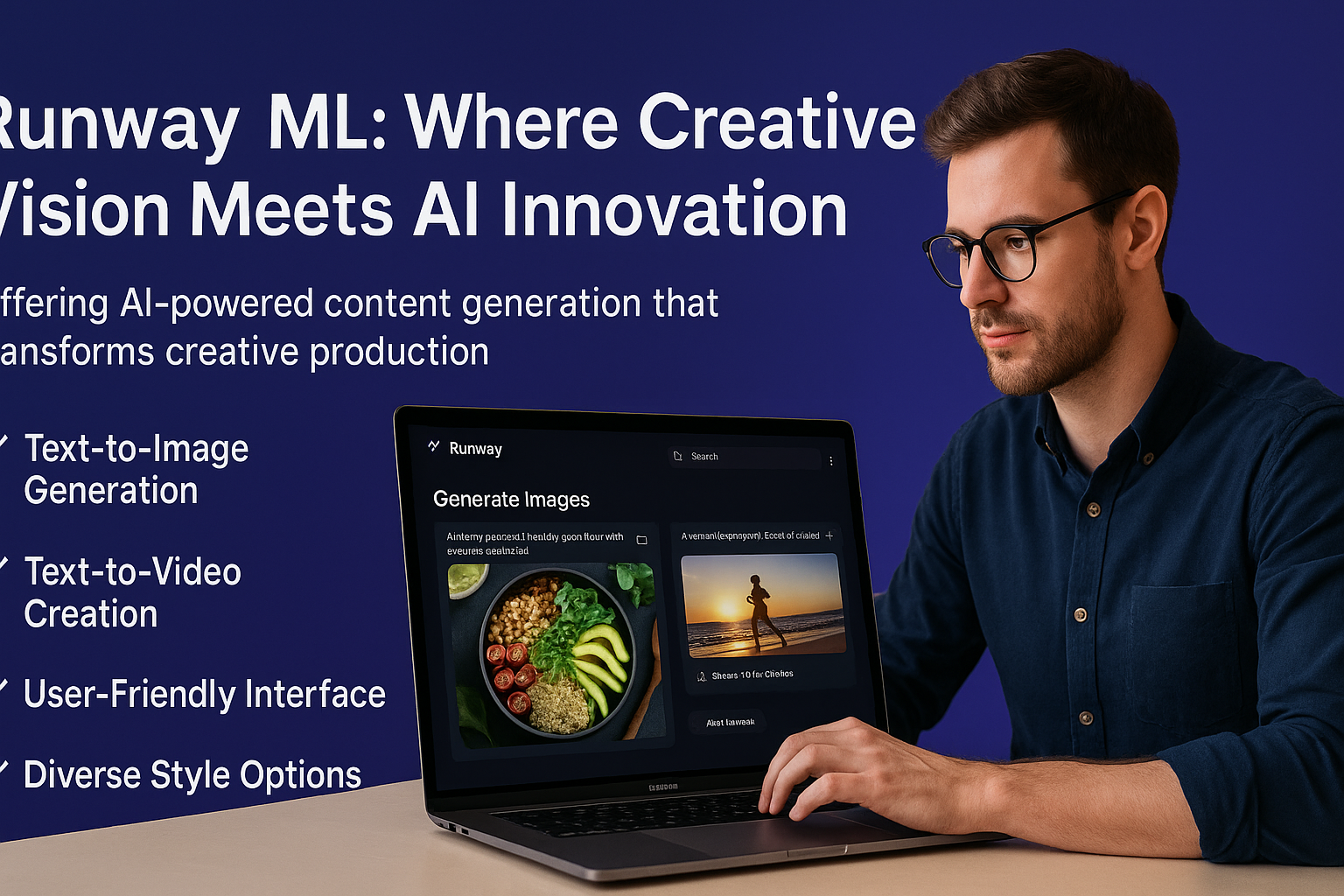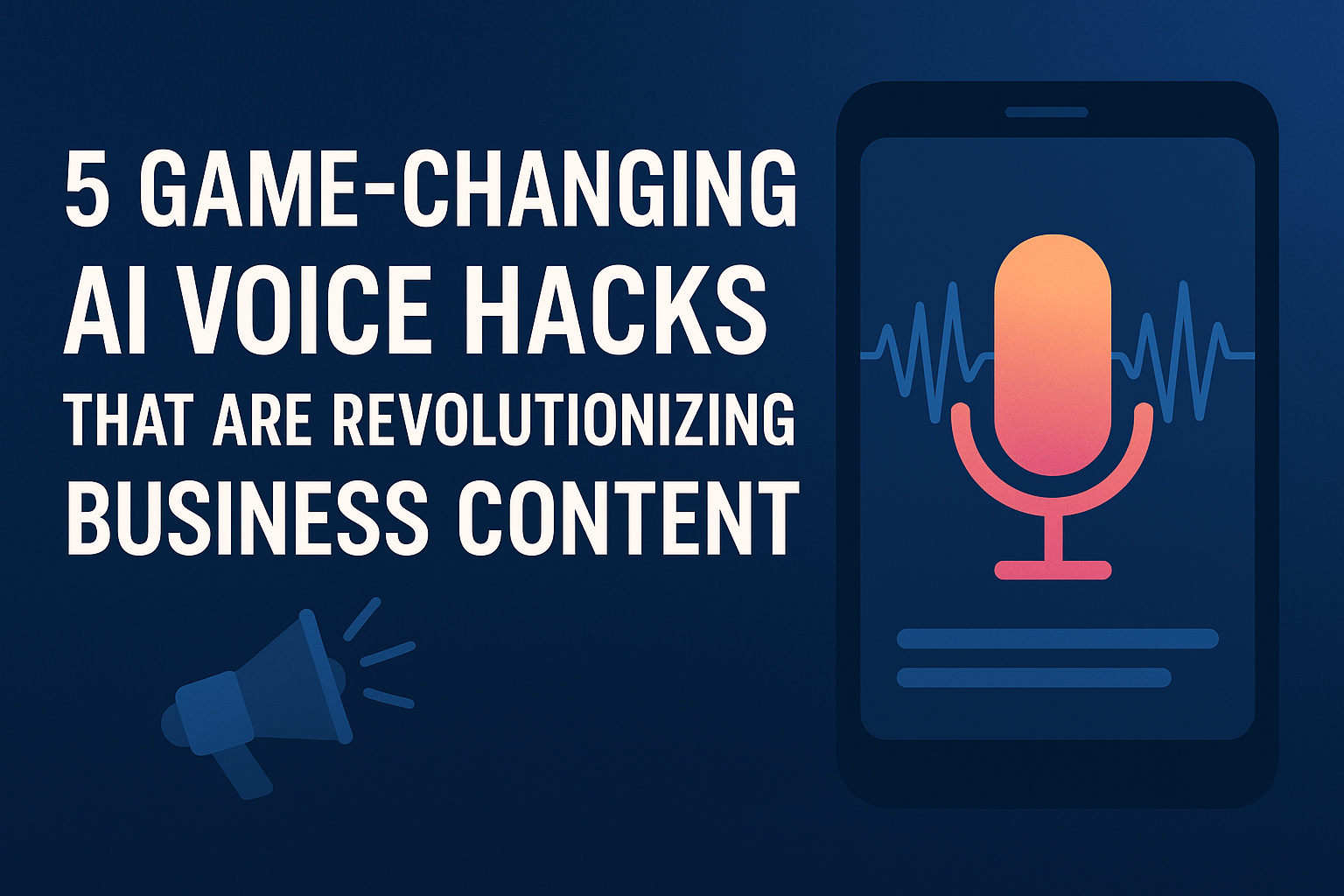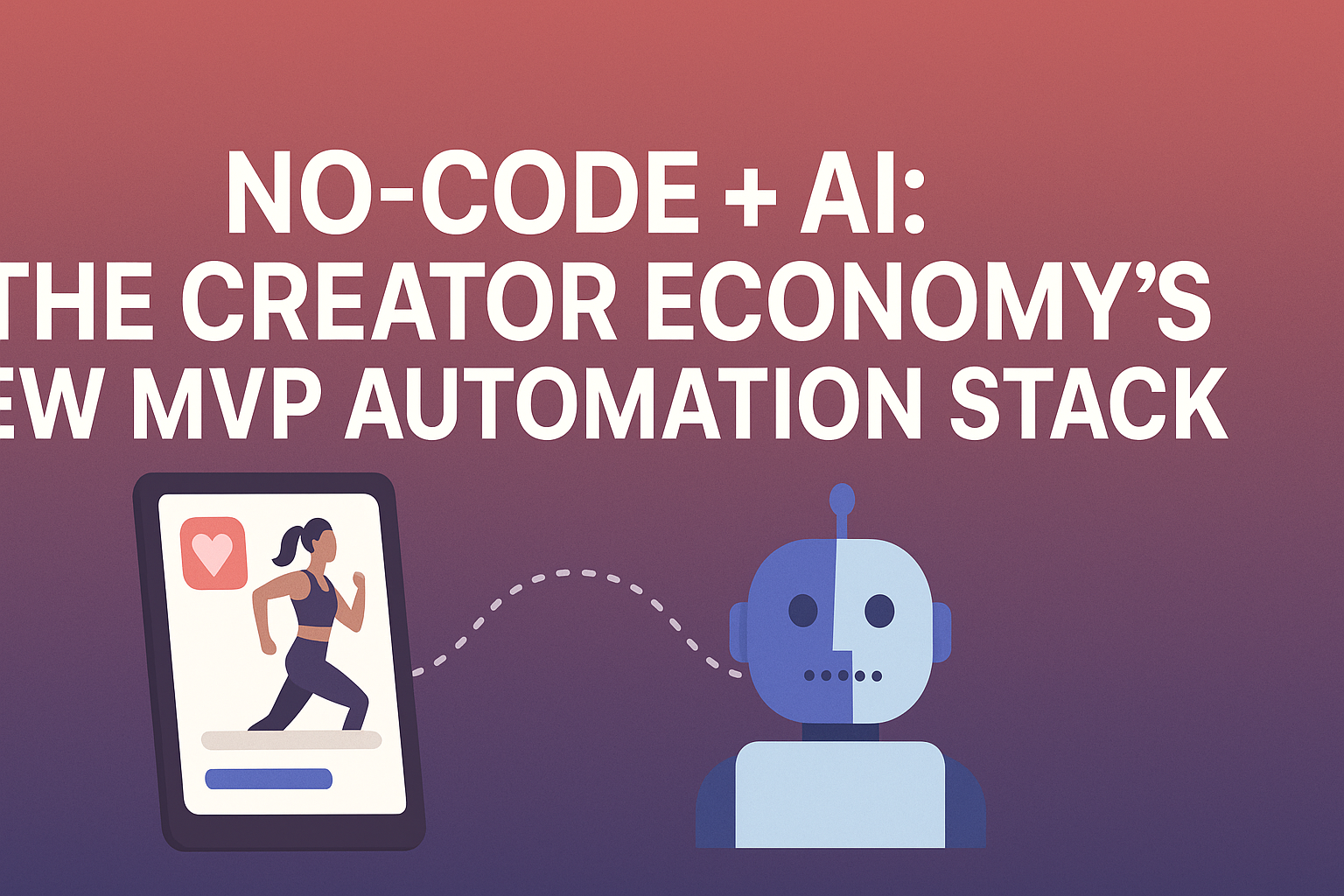As the founder of Plant Planner, I've seen firsthand how the right digital tools can transform a creator's business from content-dependent to product-powered. Today, I'm sharing my analysis of the leading no-code AI app builders that are revolutionizing how businesses create digital products—without needing technical expertise.
For business leaders looking to automate processes, develop customer-facing applications, or launch digital products quickly, these tools represent a fundamental shift in what's possible without hiring development teams or learning to code yourself.
Let’s dive into the platforms that could be your business’s secret weapon in 2024.
Resource Roundup: Top AI No-Code Tools for Business Leaders
- Lovable: The Design-First Platform
Best for: Brand-conscious businesses needing visually stunning products with minimal effort
Lovable has earned its reputation as Europe’s fastest-growing startup with good reason. For businesses where design quality directly impacts conversion rates, Lovable delivers exceptional results.
Key Strengths:
Visual editing capabilities that rival professional design tools
Intuitive interface for making design changes without re-prompting AI
Figma-like experience for non-designers
GitHub integration for developers who want to extend functionality
Responsive design handling without additional effort
What impressed me most was how Lovable’s visual editing features let you refine AI-generated designs without sacrificing quality or spending additional credits. For businesses launching landing pages, customer portals, or membership sites, this balance of AI assistance and human control creates professional results in minutes instead of days.
- Cursor: The Power User’s Choice
Best for: Operations leaders who need complete control and deeper customization
If your business needs go beyond surface-level design to include complex functionality, integrations, or deployments, Cursor provides the operational depth you need.
Key Strengths:
Comprehensive development environment with AI assistance
Model Context Protocol (MCP) integration enabling connections to external tools
Docker containerization for easy deployment
Git workflow support for team collaboration
AI-powered coding that writes, debugs, and deploys
The game-changer here is Cursor’s implementation of Model Context Protocol, which essentially gives your AI assistant access to external tools like image generation or API documentation. For business applications requiring data integration or custom functionality, this creates a powerful development environment without the traditional coding barriers.
- Replit: The Mobile App Solution
Best for: Businesses looking to expand into iOS and Android applications
Creating native mobile apps has traditionally been one of the highest technical barriers for businesses. Replit’s integration with Expo is changing that equation dramatically.
Key Strengths:
Cross-platform mobile app development (iOS and Android)
Real-time testing via QR code
AI-assisted app development and troubleshooting
Web and mobile views from the same codebase
Increasingly robust error handling
While there are still occasional friction points in the development process, Replit is pioneering a path where businesses can create simple mobile applications without needing separate development teams for each platform. For companies looking to extend their digital presence beyond the web, this opens new possibilities for customer engagement.
Strategic Implementation for Your Business
The most powerful insight from testing these platforms is that each excels in different business scenarios. Your choice should align with your strategic priorities:
For brand-first businesses: Lovable’s design capabilities will ensure your digital products maintain your brand standards and visual identity while enabling quick iteration.
For operations-focused organizations: Cursor’s depth and flexibility let you create more complex systems and workflows, potentially replacing custom development for internal tools.
For multi-platform strategies: Replit’s mobile capabilities could be the difference between reaching customers only on the web versus engaging them on their most personal devices.
Many of our Plant Planner clients are now using these tools to create digital extensions of their expertise—whether that’s fitness programs, nutrition guidance, or business consulting—without the traditional technical overhead.
Implementation Strategy
To effectively implement these tools in your business:
Start with outcome definition: Before opening any platform, clearly define what business outcomes you need from your application.
Choose based on priorities: Select the platform that aligns with your most critical needs (design, functionality, or platform reach).
Begin with a minimum viable product: Create the simplest version that delivers value, then iterate based on user feedback.
Leverage the AI assistants: The most powerful aspect of these tools is their ability to implement your ideas through conversation rather than code.




